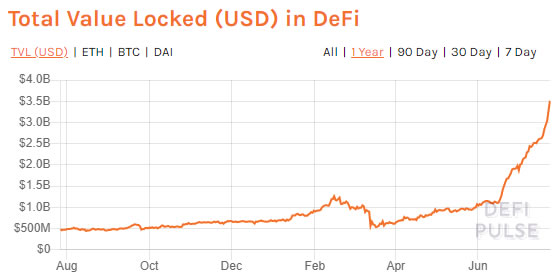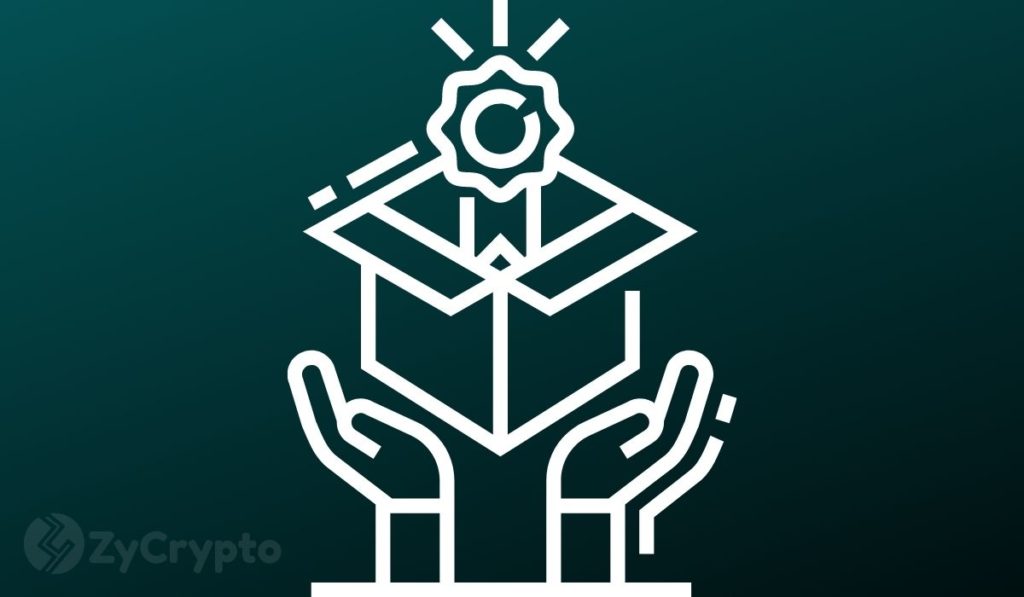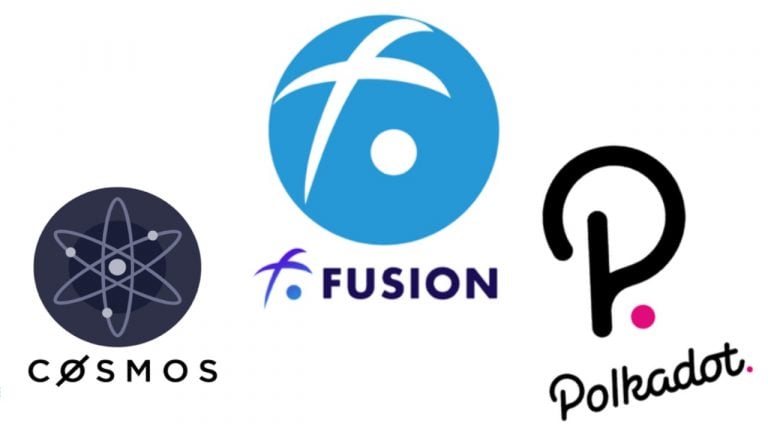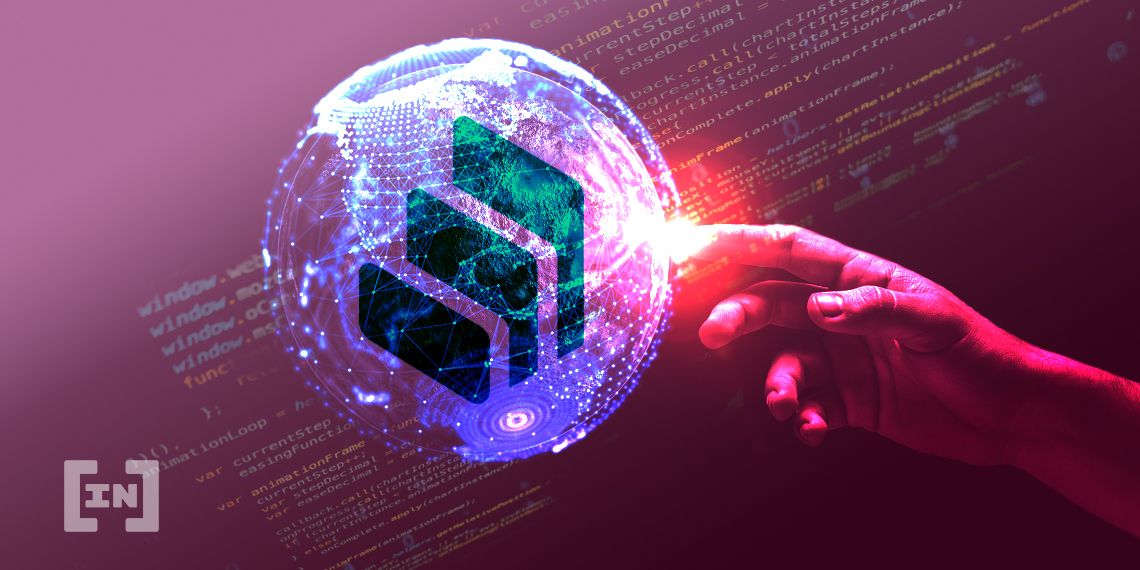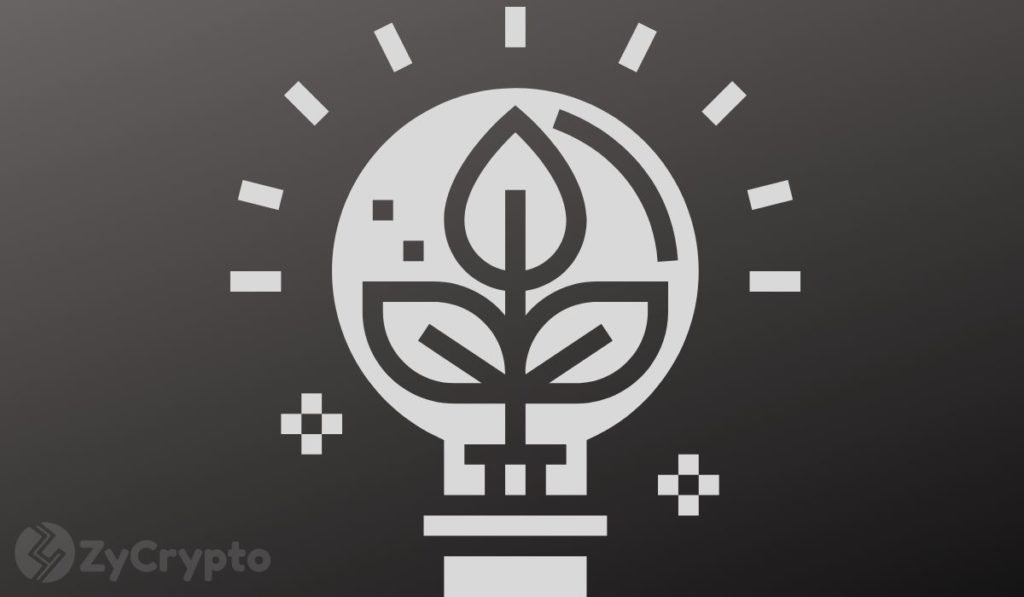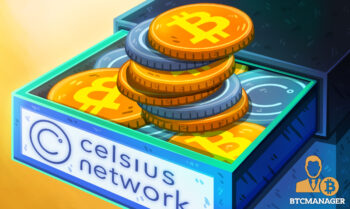2021-11-4 12:45 |
Everything’s going DeFi this year. Decentralization might be the latest buzzword in the cryptocurrency space, but it’s not new. The original and largest cryptocurrency, Bitcoin, has always been decentralized. That was the whole point of blockchain technology, that it could sustain itself without the intervention of a central authority.
What has changed is the emergence of Layer2 scaling, which works like this. Transactions are handled off-chain to improve the speed, cost, and quantity of the transactions. Here’s a familiar example.
Back in the day, cash was directly related to a stash of gold the government held in a vault. The inconvenience of carrying actual gold, and shaving off a few grams whenever one made a purchase was obvious, so we used cash instead to represent the gold.
Gold was layer1. Cash was layer2.
The Bitcoin and Ethereum networks are Layer1. The Lightning Network and DeFi platforms are layer2.
Best DeFi Wallet 2021Privacy, security, and utility were always traded off against each other until DeFi emerged. Now your wallet can have all the useful features you want, with almost no compromise on security or privacy. There are dozens of projects offering similar services, but how do we choose between them?
An Overview of DeFi WalletsCertain features are non-negotiable, for example:
Open Source Software – available for inspection by anyoneFully custodial – You retain exclusive ownership of your private keysAnonymous – You don’t supply any personal informationCompatible with DeFi networks and assetsNon-critical features include:
Investing your crypto in a lending poolAttached DEX (Digital Exchange).Borrowing against your assets DeFi Wallet CharacteristicsBelow are a few of the most popular wallets and a brief rundown of their features. They all do largely the same stuff, so I have focussed on their more innovative features. Some are much better presented than others and inspire real confidence. It’s still early days in the DeFi wallet space, as we can see from some of the less inviting offerings.
MetaMaskFirst released in 2016 as a browser extension, Metamask by ConsenSys is considered one of the most secure DeFi wallets around. Now available as a mobile app, it can manage your transactions, your private keys, and all your basic wallet requirements. It also interacts with WEB3.0 applications (The Decentralized Web), such as Rarible, Maker, Opensea, and Uniswap.
You can make in-app swaps of ERC20 tokens with their onboard exchange, but perhaps the most interesting feature is associating Metamask with your hardware wallet. You can have the security of cold storage with all the advantages of an online DeFi wallet, as we shall see later.
Coinbase WalletAnything associated with Coinbase is turning to gold at the moment, with their imminent direct listing on the Nasdaq stock exchange. Coinbase is the biggest and most respected centralized crypto exchange in the U.S, but they have a separate DeFi wallet application called Coinbase Wallet.
The original Coinbase exchange platform requires you to store your cryptocurrency in their web application, so you don’t hold the private keys. Remember the saying, “Not your keys? Not your cheese!” Their DeFi Coinbase wallet gives you exclusive custody of your private keys, with no requirement ever to distribute them to third parties.
You can access DApps (Decentralized Applications), send and receive ERC20 tokens, and interact with all the popular Layer2 Ethereum platforms. It’s by Coinbase, so it’s a well-trusted application, backed by one of the fastest-growing networks in the cryptocurrency space.
Trezor & Ledger WalletsCold storage hardware wallets are the least vulnerable to online attacks, but to engage with DeFi products you need to connect to the network. The nature of this connection is important. Applications like DeFisaver and Metamask interface with your cold storage wallet without ever being able to see your private keys.
Trezor is regarded as more Bitcoin-focused, and recently the Ledger has become the default hardware wallet. Both now interact with Ethereum network platforms, where most of the DeFi world exists.
Personally, I would have a separate hardware device for large amounts of cryptocurrency, and one for interfacing with DeFi platforms. At $69 – $200 per device, it depends on the amount of crypto you hold, whether the risk justifies the expense.
Get Ledger by clicking here and Trezor by clicking here.
ArgentAlong with all the usual wallet services – saving, borrowing, and token swaps – the Argent wallet has an innovative recovery feature – Guardians. As they point out, everyone has known for years not to scribble their passwords on post-it notes. So why would we write down our seed phrase on a vulnerable piece of paper?
The DeFi solution is quite neat. When you install a wallet on your phone, a smart contract is embedded identifying your ‘Guardians.’ These are people, devices, or third-party providers that are needed to confirm a wallet recovery. Only you hold your private keys so you retain exclusive access to your Guardians list. You can select as many of each type as you want, and edit the list whenever you like.
The safest option is to nominate your hardware wallet as a Guardian. The fewer humans involved, the better, but if you select friends and relatives who use the Argent app, try to make sure they are not aware of one another’s Guardian status.
The Guardians feature is the current subject of an EIP (Etheruem Improvement Proposal), as Argent is keen to see wider adoption of the technology. Good luck to them!
Another cool little extra is being assigned an ENS (Ethereum Name Services) domain name with each application installation. These are in the form, “XXXX.argent.eth,” and have lots of other uses. They act as a front end for accepting crypto payments, allow access to the decentralized web, and ending in “.eth” they may become valuable in their own right, one day.
Read also:
Aave vs CompoundAave price predictionUNI price predictionFTM price predictionTop 10 Binance Smart Chain Projects – Best DeFi Coin on BSCRead also about the top 10 DeFi projects overall.Best Yield Aggregator on Binance Smart ChainBest Yield Aggregators on Ethereum BlockchainPancakeSwap reviewHow to provide liquidity on Uniswap V2 & V3? AlphaWalletThis open-source platform is aimed at businesses that need a DeFi network on which to operate. AlphaWallet runs an open framework called TokenScript, which they view as the “HTML of tokens.” This allows developers to design “smart-tokens” to perform whatever functions a project requires. AlphaWallet is focused on tokens being integrated across multiple systems, eventually allowing seamless integration with the entire decentralized web.
The actual DeFi wallet is the application from where all these smart-tokens can be accessed and coordinated. The design is easily customizable for a unique look and feel for your DeFi project.
The important selling point of AlphaWallet’s platform is its generality. It’s a blank canvass onto which startups can paint their DeFi business vision.
BetokenThey advertise as a “Crowd-powered asset management protocol,” yet they have less than US$ 5,000 under only 9 managers. They offer a service similar to eToro’s dubious mirror-trading feature. The difference is that you can’t choose which traders to emulate.
The website is shoddy and they claim to have a monthly ROI of 0%, which still seems optimistic to me! Page 2 of their websites even begs for donations. The whole thing feels like it’s best avoided.
BitpieI didn’t get past the ‘about’ page with this company. If they can’t provide information about their product in anything like competent English, then I worry about the efficacy of the rest of the platform. When it comes to my money, I need to be confident about the service providers I use.
On the upside, they have a track record in the crypto wallet space, with Bither. They also support plenty of networks – Bitcoin, Ethereum, EOS, LTC, Dash, Zcash, Tron, etc. Independent reviews and comments are generally negative, so alarm bells are ringing here. Sorry, but no thanks.
Cobo WalletBy now you know the drill – it’s a DeFi wallet that supports ERC20 tokens on the Ethereum network, connecting you to WEB3.0, etc. The stand-out feature of China’s Cobo Wallet is the support for more than 20 sidechains and 700 tokens. The platform offers custodial services for enterprise-level clients.
As an average retail crypto investor, “stable returns and worry-free investing from an all-in-one app to manage your digital assets,” look good to me. A nice touch is no-fee transfers to other Cobo Wallet users from within the app.
Key Points to ConsiderGiven our non-negotiable features, there are still plenty of choices. I would never keep life-changing quantities of cryptocurrency in a hot wallet, exposed to the internet. However, all these DeFi wallets should be safe, as long as the devices on which you run them have not been compromised. Remember, it‘s far more likely that a security breach is the result of user error, rather than a design fault.
DeFi Wallet ComparisonUsually, there’s a tradeoff between functionality and security, but with DeFi tech, that is less of a problem. DeFi wallets are focused on privacy, but good internet housekeeping is still required. As long as the software is open source and you never have to give up your private keys, they are all effective.
It’s the extra services that set some wallets apart, whether it’s a simpler recovery process, compatibility with hardware wallets, or investing and borrowing.
ConclusionIf I wanted a belt-and-braces approach, I would have a dedicated Ledger wallet connecting to DeFi networks via Metamask. I would also tend to keep to the larger, more established platforms in these early days.
For smaller amounts, I would choose the Argent or Coinbase DeFi wallets. It depends on which tokens I wanted to hold.
FAQ Are DeFi wallets safe to use?Yes, as long as you follow a few simple rules. Never give out your seed phrase or private keys. Do not hand over personal information when you sign up, and try to avoid getting scammed by always checking the URL is not fake.
What are the daily deposit limits on DeFi wallets?For tokens and cryptocurrencies, it should be unlimited. Buying with fiat currency from a bank account, $25,000 per day is common. If that’s not enough for you, then it’s a nice problem to have.
What kind of cryptocurrencies do DeFi wallets support?Most DeFi projects are based around the Ethereum network, so they will support ETH, ERC20 tokens, and stable coins USDT/USDC. The market is new and wallets are competing for clients, encouraging wallets to handle as many assets as possible. Check each wallet to confirm your favorite tokens are supported.
How can you use Ledger for DeFi?Simple. Connect to a compatible DeFi wallet like Metmask or DeFisaver to manage your transactions. You can import your hardware wallet addresses and interact with Layer2 DeFi wallet applications without ever having your private keys exposed to the internet.
What is a web3 wallet?We have to be careful here. Web3js is a programming standard that interacts with the Ethereum blockchain. Web3.0 refers to a new “semantic, decentralized internet.” It’s a relatively new term you’ll be hearing much more about in the coming years. For the purposes of this article, it means the decentralized internet, powered by blockchain.
How do I get involved in DeFi?Select a DeFi wallet from the list above, go to the link, download, and install. Import other wallets or send yourself come crypto, and you’re off!
The post Best DeFi Wallets [2022]: Crypto Wallets For Yield Farming And Liquidity Mining appeared first on CaptainAltcoin.
origin »Bitcoin price in Telegram @btc_price_every_hour
Global Cryptocurrency (GCC) íà Currencies.ru
|
|

